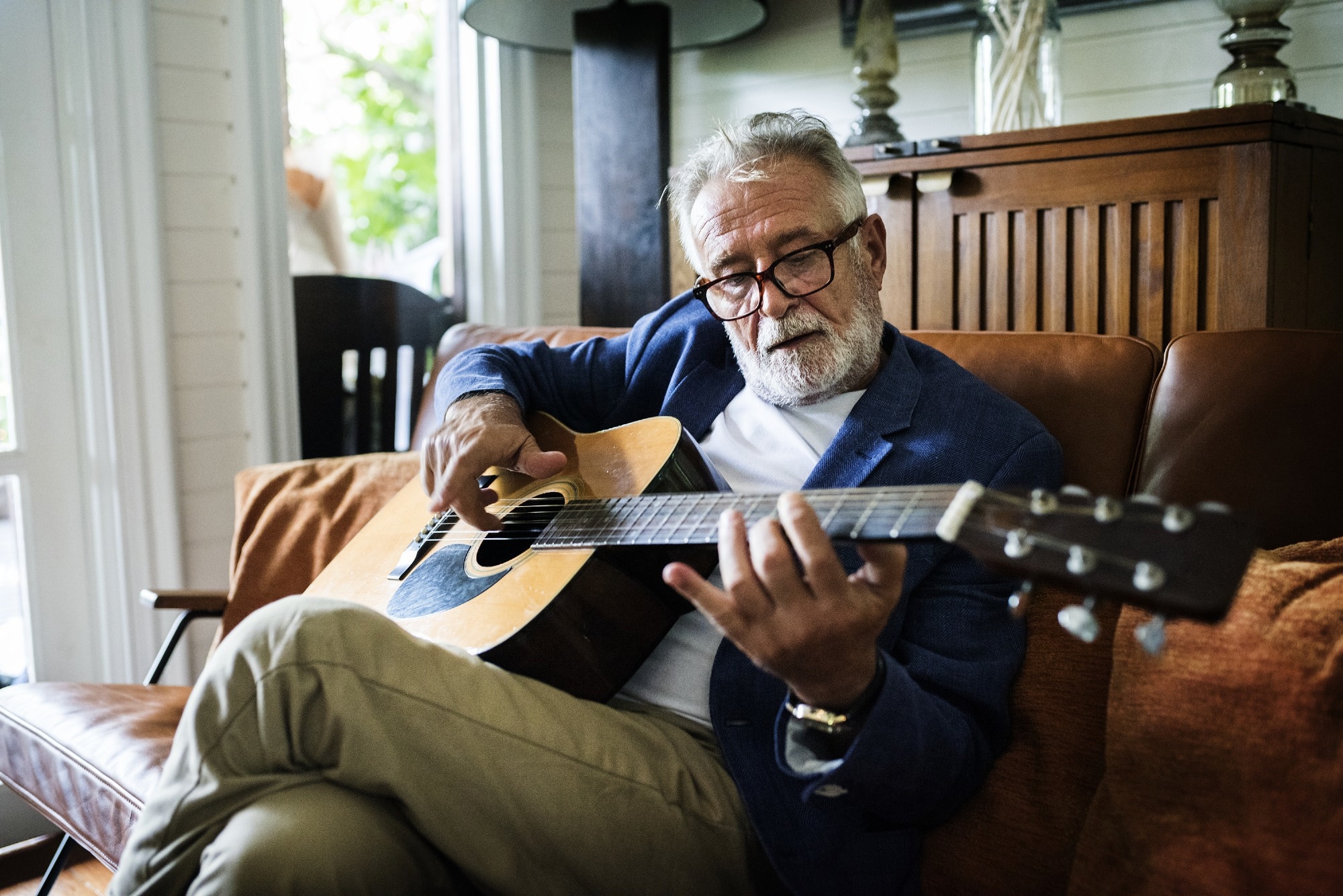In a recent study published in the journal Nature Medicine, researchers attempted to harmonize the measures for hobby engagement and its association with mental health among adults over 65 using five longitudinal studies across 16 countries and examined the variations in these associations.
 Study: Hobby engagement and mental wellbeing among people aged 65 years and older in 16 countries. Image Credit: Rawpixel.com / Shutterstock
Study: Hobby engagement and mental wellbeing among people aged 65 years and older in 16 countries. Image Credit: Rawpixel.com / Shutterstock
Background
With the growing aging population worldwide, factors such as loneliness, deteriorating physical and mental health, and social isolation are becoming more apparent. Statistics from the United Nations indicate that the 65-year-old and older population is growing faster than any other age group, and one in six people worldwide will be older than 65 by 2050. Furthermore, while medical advancements have certainly increased life expectancy, the healthy life expectancy, the average number of years an individual lives without disability, injury, and mental or physical illnesses, does not show a similar increase.
Therefore, a sustainable social care system is required to improve the psychological well-being of older adults. Engagement in social activities is thought to improve mental well-being, and the pursuit of hobbies is believed to increase mental and cognitive stimulation while providing social support. However, the various studies and meta-analyses that have examined the association between hobby engagement and mental health in older adults have either been at a single-country scale or have not used standardized measures, which makes the results non-generalizable across the larger global population.
About the study
The present study used data from five longitudinal studies conducted in England, Japan, the United States, China, and 12 European countries and examined associations between improvements or alterations in mental health and hobby engagement. The combined dataset consisted of responses from over 90,000 participants, with an average age of 71.7 to 75.9 years.
The study used a fixed effects model to test the longitudinal associations between changes in hobby engagements and changes in mental health while accounting for time-constant factors, such as medical histories, genetics, and psychological traits. Factors that varied with time, such as clinical conditions, sociodemographic characteristics, and difficulties with daily activities, were also considered in the analysis.
An ordinary least squares regression was also conducted to deduce the directionality of the association between hobby engagement and mental well-being. Multilevel models were run on the pooled datasets from all 16 countries to determine how much of the variance in the association between mental health and hobby engagement was related to the country.
Furthermore, country-level factors such as the happiness index, gross domestic product per capita as a measure of country wealth, and life expectancy were examined individually to understand which factor explained the variance better. The researchers also explored whether these factors could be used to moderate how hobby engagement influenced mental health in older adults.
The study analyzed mental well-being across four measures — self-reported health, life satisfaction, happiness, and depressive symptoms. The data was made comparable by harmonizing and recoding all the variables and standardizing the outcome variables. Hobby engagement was also recorded as a binary measure for each country, with a yes or no answer. Nine time-variable covariates were considered in the analyses, including age, partnership status, socioeconomic status, number of people in the household, household income, employment status, health profiles, and housing tenure.
Results
The results showed that engaging in hobbies was associated with a lower incidence of depressive symptoms and higher levels of happiness, life satisfaction, and self-reported health among adults above the age of 65. Furthermore, while macro-level factors such as the happiness index and life expectancy did influence the strength of the association, less than 9% of the variance across countries was explained by these factors.
However, countries with higher life expectancy and happiness index scores had more adults over 65 engaged in pursuing hobbies, and the association between the pursuit and engagement in hobbies and factors such as self-reported health and life satisfaction was higher in such countries. Nonetheless, these associations did not seem to vary based on retirement status or gender or based on retirement age across countries.
Moreover, the relationship between mental well-being and hobby engagement was found to be bidirectional across a temporal scale, with a constant negative and positive feedback loop between health outcomes and leisure activities.
Conclusions
Overall, the results indicated a universal association between hobby engagement and mental well-being among older adults, with an increase in the pursuit of hobbies resulting in a decrease in depressive symptoms and improved life satisfaction, happiness, and self-reported health.
Journal reference:
- Mak, H. W., Noguchi, T., Bone, J. K., Wels, J., Gao, Q., Kondo, K., Saito, T., & Fancourt, D. (2023). Hobby engagement and mental well-being among people aged 65 years and older in 16 countries. Nature Medicine. https://doi.org/10.1038/s41591023025061, https://www.nature.com/articles/s41591-023-02506-1